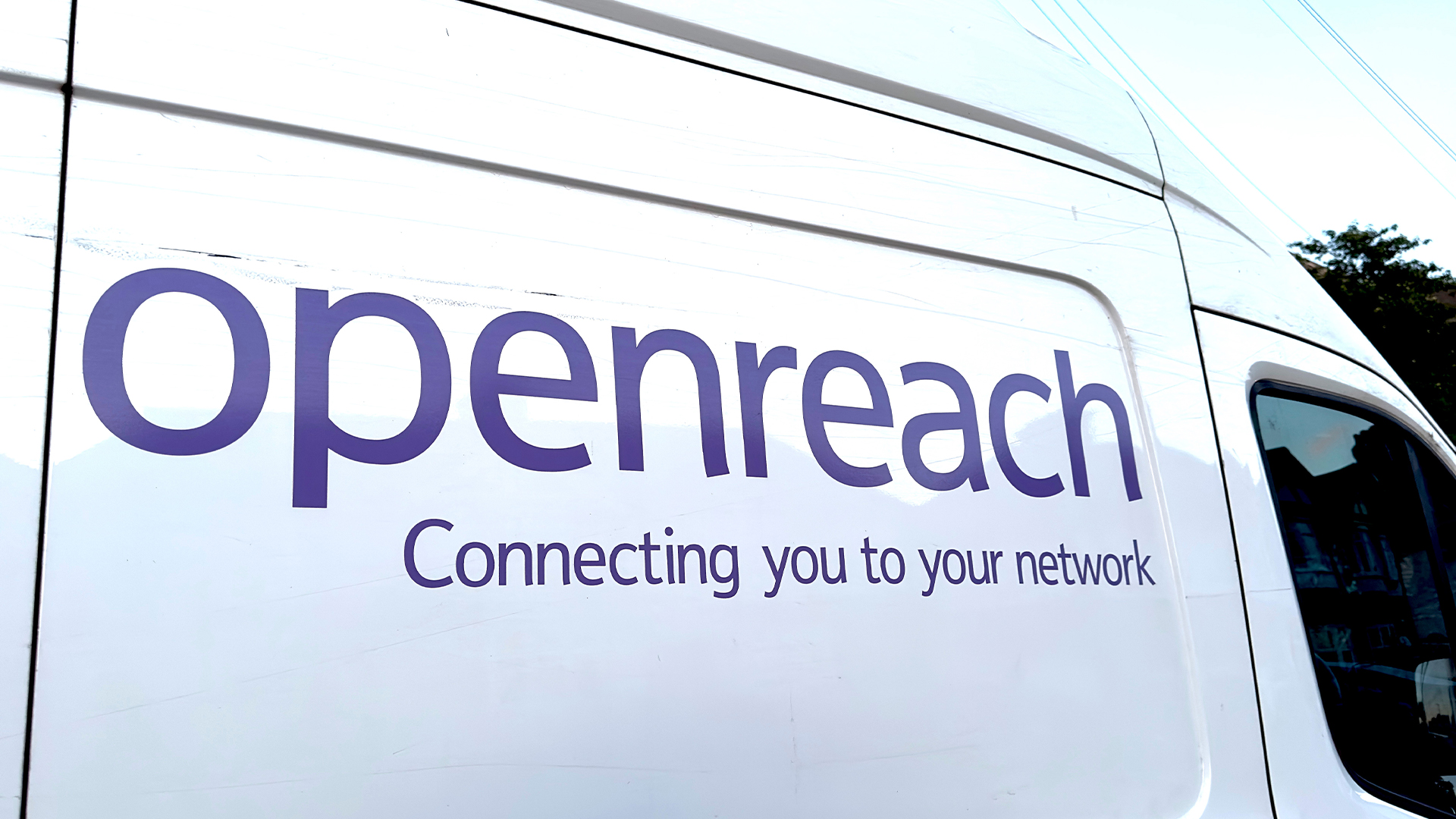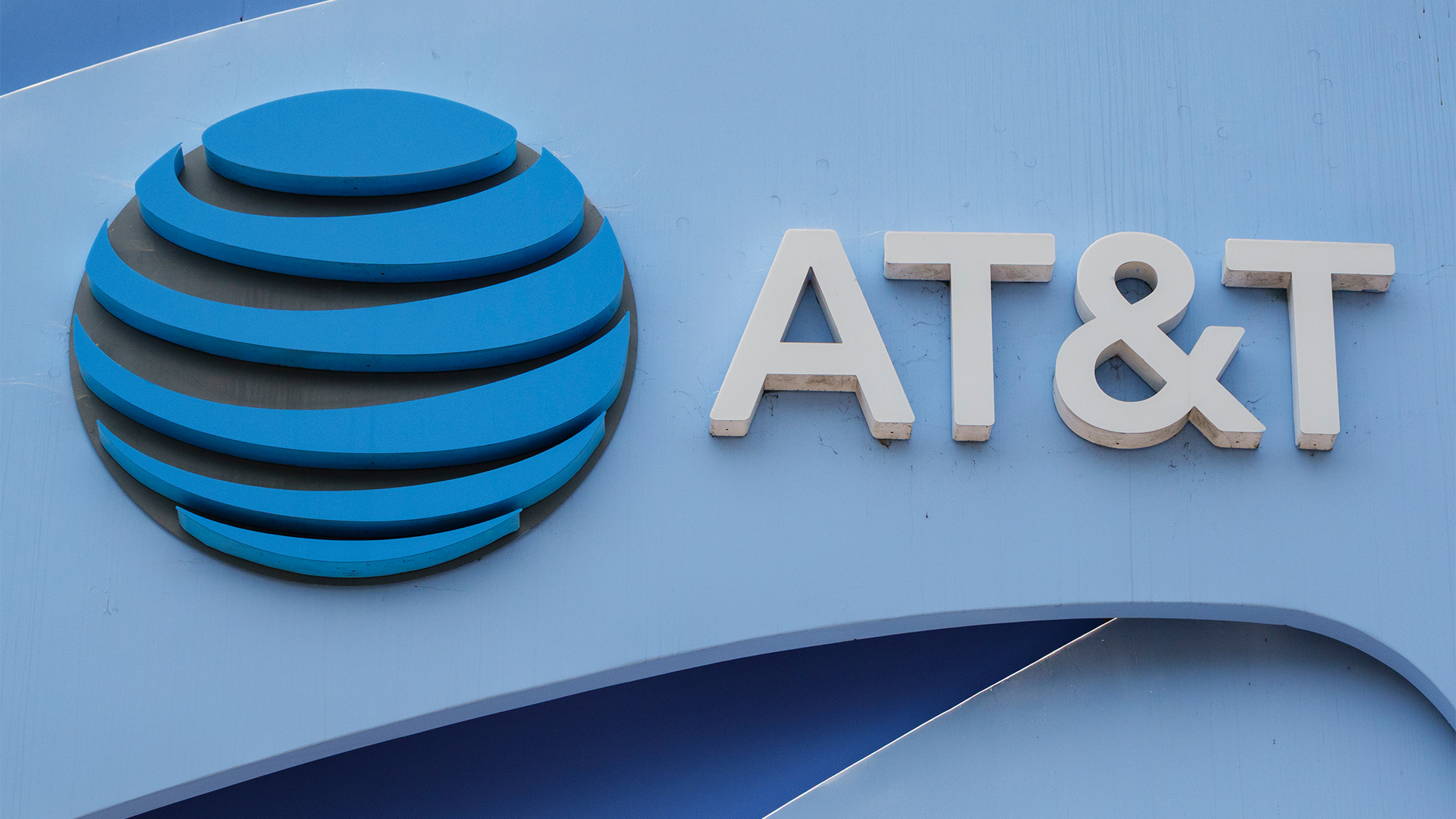Budget 2016: Gov will create 5G strategy in 2017
George Osborne reveals measures to improve broadband coverage

Sign up today and you will receive a free copy of our Future Focus 2025 report - the leading guidance on AI, cybersecurity and other IT challenges as per 700+ senior executives
You are now subscribed
Your newsletter sign-up was successful
The government will establish a 5G strategy in 2017, as the UK bids to become a world leader in the technology, Chancellor George Osborne has said.
While 5G is not expected to arrive until at least 2020, the government placed emphasis on the importance of the mobile spectrum in Osborne's Budget 2016.
Osborne said he wants to "prepare the country for the arrival of 5G technology", and plans to base a strategy on the National Infrastructure Commission's upcoming assessment of how the UK can become a world leader in 5G.
Industry trade body techUK welcomed the announcement, with CEO Julian David saying: "5G represents the next stage of mobile development and will play a key role in future connectivity for people and businesses.
"The UK has the opportunity to be a world leader in the development of 5G, and the tech community will be keen to contribute to the National Infrastructure Commission's assessment of how this can be achieved."
It will build on research into the technology pioneered by the University of Surrey, as different countries accelerate development in a race to be the first to commercialise the 5G.
Accompanying this measure will be a move to explore alternative broadband technologies to the ongoing BDUK rollout, said Osborne, with the creation of a Broadband Investment Fund linking tech firms with private sector investors.
Sign up today and you will receive a free copy of our Future Focus 2025 report - the leading guidance on AI, cybersecurity and other IT challenges as per 700+ senior executives
Meanwhile, the government will seek to speed up its ultrafast broadband rollout scheme by making a 14.5 million grant available to extend coverage in the south-west of England.
Richard Higgs, CEO of datacentre and cloud provider Brightsolid, said: "The Broadband Investment fund and 5G strategy are much needed schemes to bring our national networks up to speed. These dedicated resources will ensure that the UK is at the forefront of digital innovation once 5G technology comes to the fore, with a strong foundation to build off."
Elsewhere, the budget did not make many digital announcements, but did provide more details on previously announced schemes like the Institute for Coding, setting out plans to create a panel of experts for the 20 million competition.
A 71 million investment in HMRC's digital strategy will see the tax office strive to create a seven-day service by 2017 and a pay-as-you-go tax payment method for self-employed workers from 2018.
Plans to create a 15 million connected corridor' from London to Dover build on the government's plans to trial autonomous cars on the UK's roads by 2017, and Osborne said he would get rid of legal barriers preventing the use of driverless cars on England's major roads.
Alex Holt, head of telecoms at KPMG, said: "The government's announcement to bring down the regulatory barriers facing autonomous vehicles and establishing a connected corridor' from London to Dover are the sort of measures that might encourage significant telecoms infrastructure investments. Seamless, high quality and ultra-fast fixed and mobile connectivity is essential for successful and safe deployment of connected vehicles."
-
 Openreach urges businesses to move quickly as PSTN switch-off looms
Openreach urges businesses to move quickly as PSTN switch-off loomsNews Businesses face massive price hikes if they fail to act before the PSTN switch-off
-
 AT&T expands AWS partnership in network modernization push
AT&T expands AWS partnership in network modernization pushNews The telecoms giant said the deal will supercharge the nation’s connectivity infrastructure